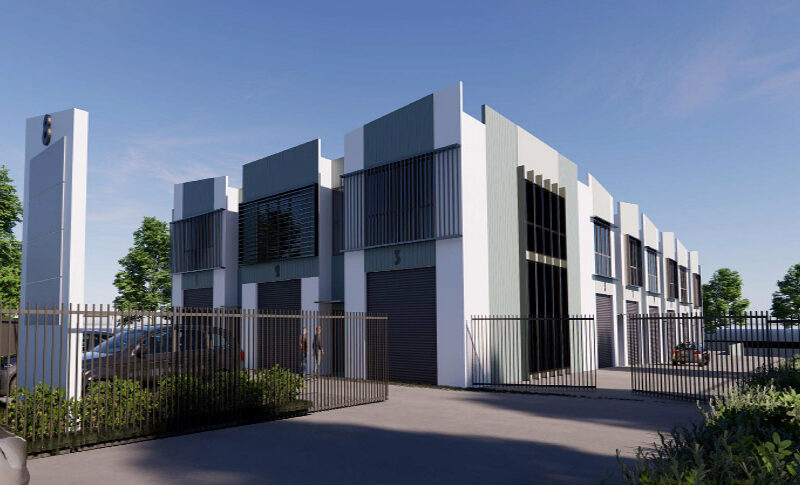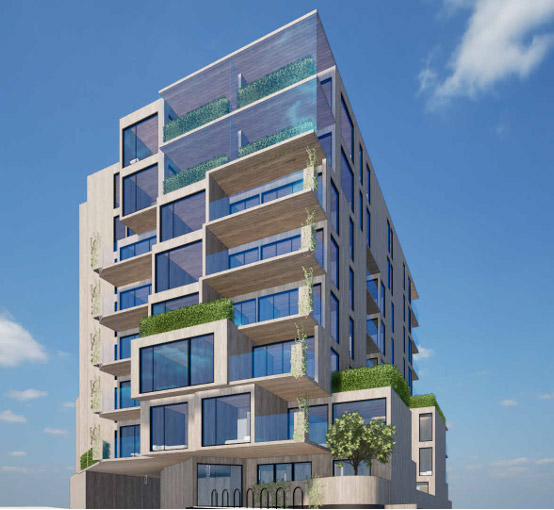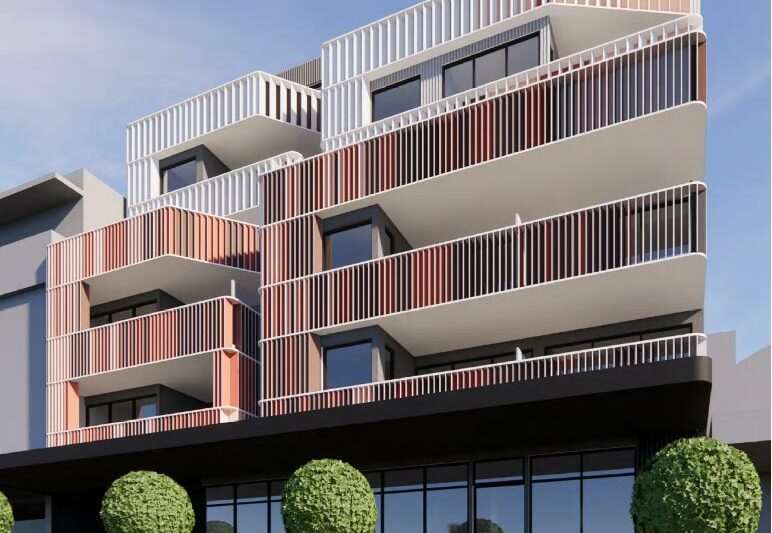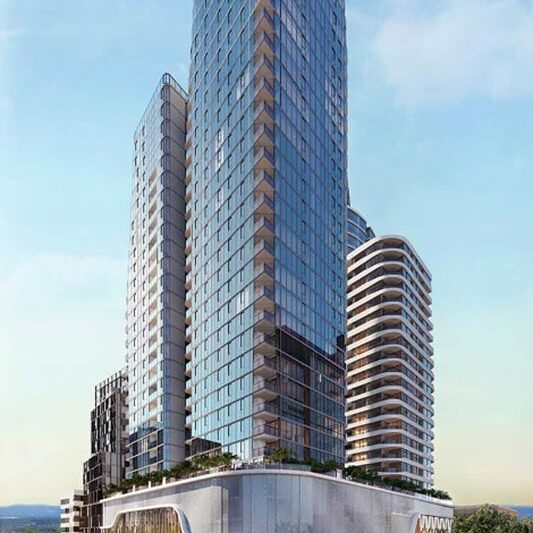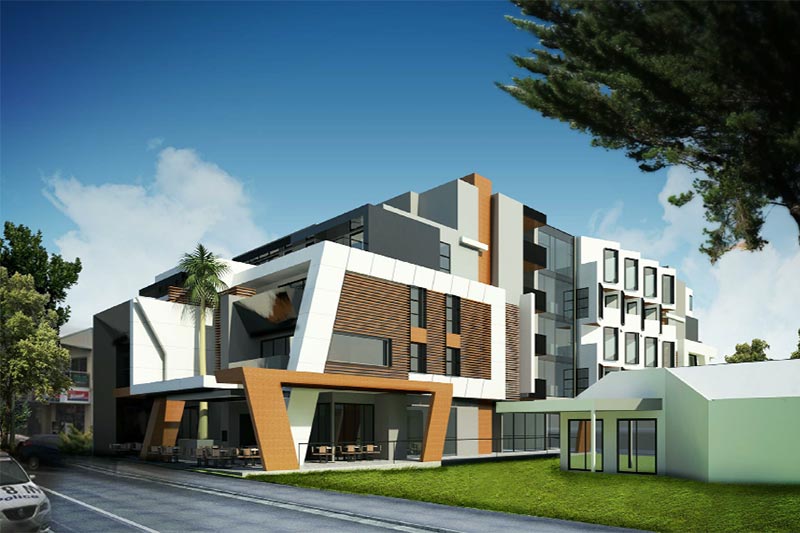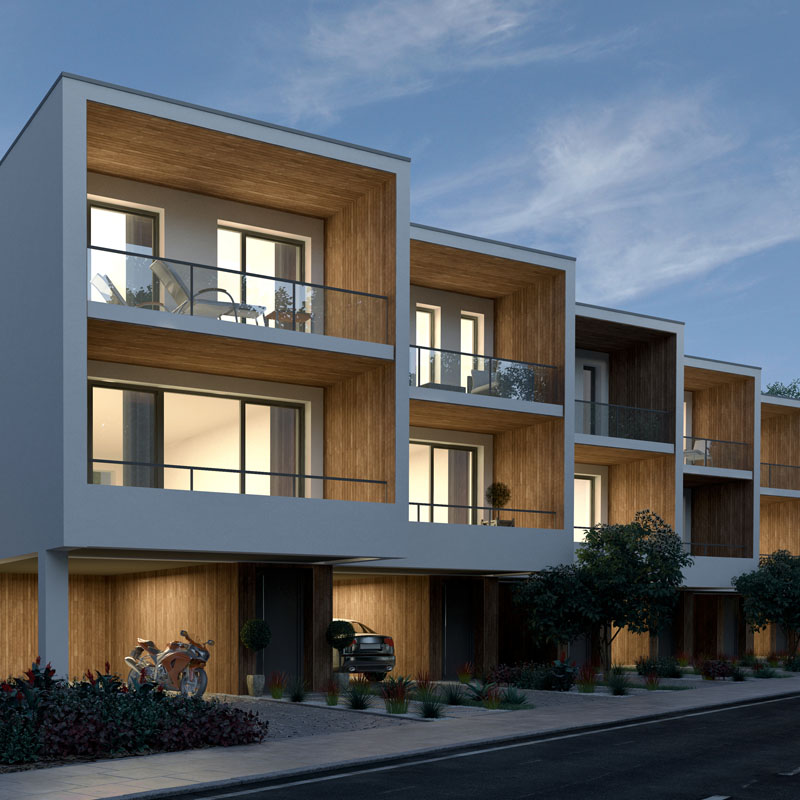
What is a Sustainable Design Assessment (SDA)?
A Sustainable Design Assessment is a report based on the Built Environment Sustainability Scorecard (BESS). It aims to assist councils and developers in achieving sustainable developments.
Today, 35 local councils in Victoria utilise the scorecard. The following nine sections are required to show various levels of compliance to pass:
- Management
- Water
- Energy
- Stormwater
- Indoor Environmental Quality
- Transport
- Waste
- Urban Ecology
- Innovation
Depending on the proposed development, there will be different criteria to satisfy each section. For example, an apartment building will have different requirements than a commercial office building.
On top of the BESS scorecard, preliminary thermal modelling (energy rating reports or section J calculations) and STORM treatment calculations will also be provided.
Why is a Sustainable Design Assessment (SDA) needed?
A Sustainable Design Assessment is a report requested by councils that utilise an ESD policy. Depending on the council, they will be triggered once two or three dwellings are proposed. Some inner city councils will require them for single dwellings.
As we build more buildings in tighter spaces, councils want to ensure that we are building more sustainably while reducing our carbon footprint.
Some of the key takeaways from the councils’ ESD policies are:
- Reduction of costs over the life of the building
- Improved affordability over the longer term through reduced running costs
- Improved amenities and livability
- More environmentally sustainable urban forms and
- Integrated water management
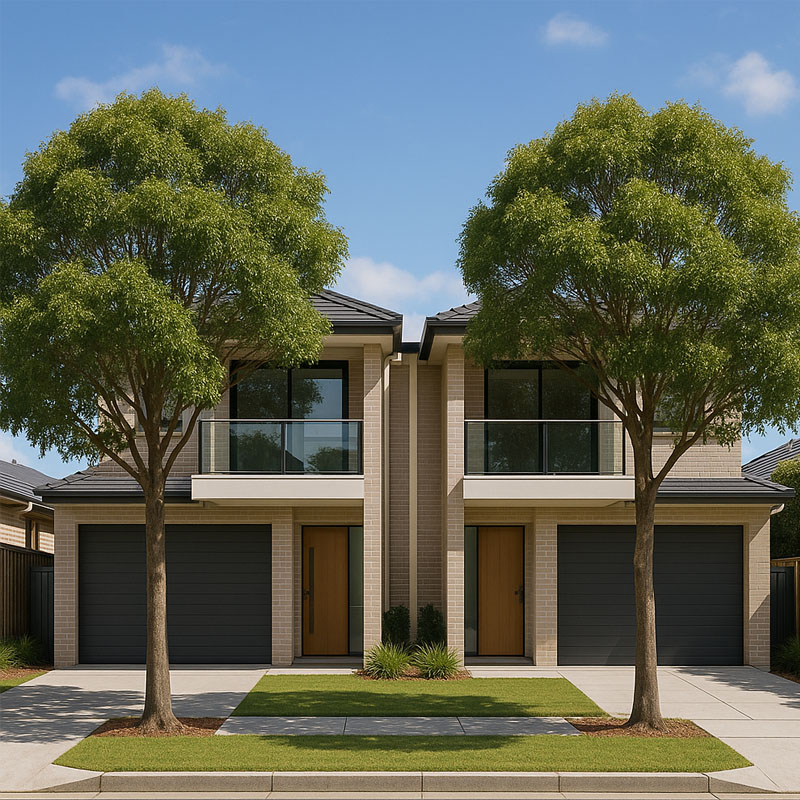
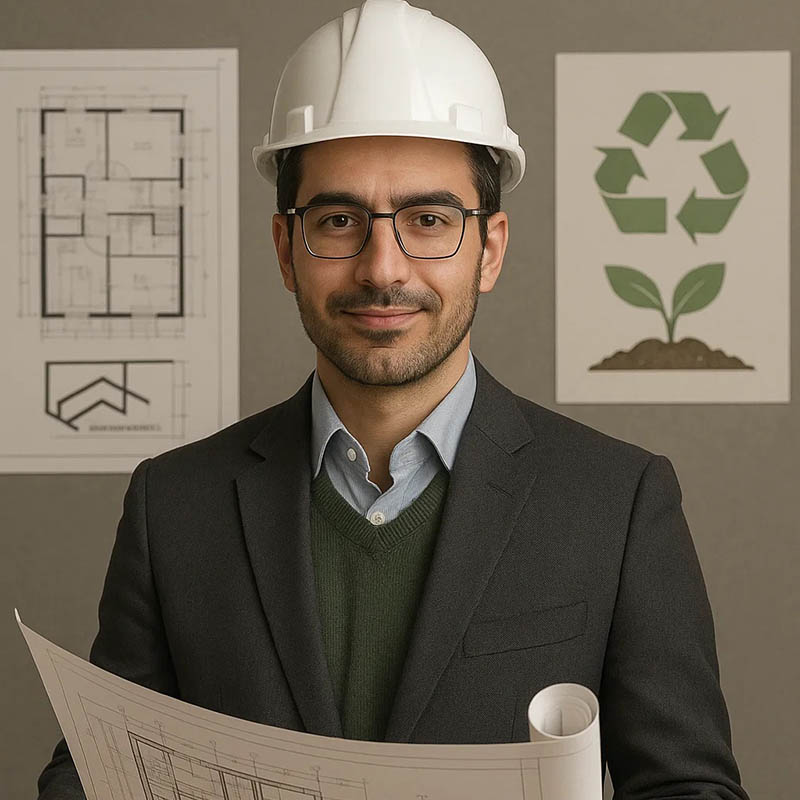
Why you need a trained BESS professional for your SDA
While it is a simple scorecard system to use, a trained BESS professional can ensure best practice initiatives are selected for each section. Every council has preferred sustainable initiatives they want to implement, even at different levels of compliance.
A BESS-trained professional will know how to prepare the STORM calculations correctly, per the specific council requirements and prepare preliminary thermal modelling. Issues can arise and be sorted in the design and planning stage to avoid expensive building costs later.
How do we prepare a Sustainable Design Assessment (SDA)?
We prepare our Sustainable Design Assessment for you following the nine criteria of the BESS Scorecard.
Management
Points are awarded for providing:
- Attending council meetings as an ESD consultant
- Preliminary thermal modelling
- Independent energy and watering metering
- A building user guide
It is important to ensure the consultant who prepares your Sustainable Design Assessment conducts preliminary thermal modelling, especially energy ratings for townhouses and apartment buildings.
Water
Points are awarded for providing:
- Water tanks
- Energy efficiency water fixtures
- Efficient landscaping
The water tanks are essential for new developments and they serve two purposes:
- They assist with water reuse: When the land is originally developed and subdivided, the underground assets are usually calculated with the intention of building one dwelling per site. As time goes by, old homes are demolished, and multiple dwellings are built on each site, we put strain on the existing main water supply. Rainwater tanks help with the water supply for toilet flushing, watering your garden and laundry washing.
- They act as a detention system: Heavy rainfalls can be difficult for underground water systems to cope with, especially when you add dwellings. More dwellings mean more rainwater connected and more downpipes sending water back underground. Rainwater tanks collect and hold this water for reuse and only send it back to the legal point of discharge once the water reaches the overflow pipe.
Note: You will need to achieve a minimum of 50% to pass the Water section of the BESS scorecard.
Energy
Points are awarded for providing:
- Preliminary thermal modelling results
- Solar panels
- Efficient appliances
- Reduced artificial lighting reliance
As per the management section that acknowledges preliminary thermal modelling will be conducted, the energy section is where the results are incorporated. Achieving a higher star rating will improve the energy section results.
We have been able to offer cost-saving advice on dwellings that did not initially perform well. If these were not picked up in the design stage, the developer would have been up for expensive windows once the building permit energy ratings were prepared. It is too late then to make changes to the design and possibly have to advertise to the council.
Whoever prepares your Sustainable Design Assessment, please ensure that preliminary energy ratings are conducted and request the window values.Note: You will need to achieve a minimum of 50% to pass the Energy section of the BESS scorecard.
Stormwater
Points are awarded for providing a STORM calculation of 100% or more.
Melbourne Water has developed the STORM (Stormwater Treatment Objective - Relative Measure) calculator to assess how stormwater is collected and treated before entering back to the underground pipes.
The main treatment types we nominate to demonstrate compliance are:
- Rainwater tanks
- Rain gardens
- Buffer strips
- Permeable paving
What we nominate depends on the council and their preferred treatment types. Some councils will not allow rain gardens in dwellings and some will not allow them for common space.
We do hundreds of STORM scorecards every year so we know what each council prefers to ensure that yours is approved at the first round of applications.
Note: You will need to achieve a minimum of 100% to pass the Stormwater section of the BESS scorecard.
Indoor Air Quality
Points are awarded for providing:
- Double glazing to all habitable rooms
- Open windows that allow for cross-ventilation
- Design at least 50% of the dwellings to have north-facing living
- Good daylight access
- Appropriate shading devices depending on the orientation
This section ensures the building designer or architect has utilised good passive design principles in the design and that good natural lights and comfort are achieved for the building occupants.Note: You will need to achieve a minimum of 50% to pass the Indoor Air Quality section of the BESS scorecard.
Transport
Points are awarded for providing:
- A bike rack for each dwelling and a visitor bike rack for each group of five dwellings
- Showers for bike riders (Commercial developments)
- EV charging stations
- Car share scheme
- Parking spaces for motorbikes and mopeds
You need to ensure that enough space is allocated for bikes for residential developments and alternative transport options for commercial developments.
We will also provide the council with a walk score and basic transit information for the development.Note: There is no minimum pass mark to achieve compliance for Transport, however, the results go towards obtaining the minimum 50% BESS scorecard to meet BESS best practice compliance.
Waste
Points are awarded for providing:
- Recycled building material for demolished building works
- Appropriate rood and garden waste management
- Convenient recycling management
If there is an opportunity to recycle building waste, prepare documentation for the council.
Note: There is no minimum pass mark to achieve compliance for Waste, however, the results go towards obtaining the minimum 50% BESS scorecard to meet BESS best practice compliance.
Urban Ecology
Points are awarded for providing:
- Large areas of vegetation
- Green roofs
- Green walls
- Taps to balconies
- Dedicated food production areas
The more green, the more points. Ensure that the development has at least 35% of the vegetation area allocated.
Note: There is no minimum pass mark to achieve compliance for Urban Ecology, however, the results go towards obtaining the minimum 50% BESS scorecard to meet BESS best practice compliance.
Innovation
Points are awarded for providing innovative technology or initiatives not included within BESS.
Generally, we reserve these points for large development projects. We will need to achieve 50% before we can start claiming innovation points.
As some developments require higher scores than 50% to satisfy council ESD requirements, we can use these initiatives to earn additional points not currently found within the BESS scorecard.
What we need from you to prepare a Sustainable Design Assessment (SDA)
To prepare a Sustainable Design Assessment, we will need town planning drawings with the following information:
- Site Plan with neighbouring information
- Floor plan with one overall dimension
- Elevations with cladding details and window opening style
- Site analysis areas
Any council request for further information letter or planning permit will also be helpful.
At the end of the process, you will get the following documents and information from us:
- Detailed specifications for each BESS section
- BESS Scorecard modelling
- STORM Scorecard modelling
- Preliminary energy rating (For Residential)
- Preliminary section J insulation and glazing (For Commercial)
- Walkscore information
- PDF documents for STORM treatment types
- ESD notes for your planning drawings

Our fast & efficient process
Getting a 6 Star Energy Rating does not need to be timely, confusing or expensive.
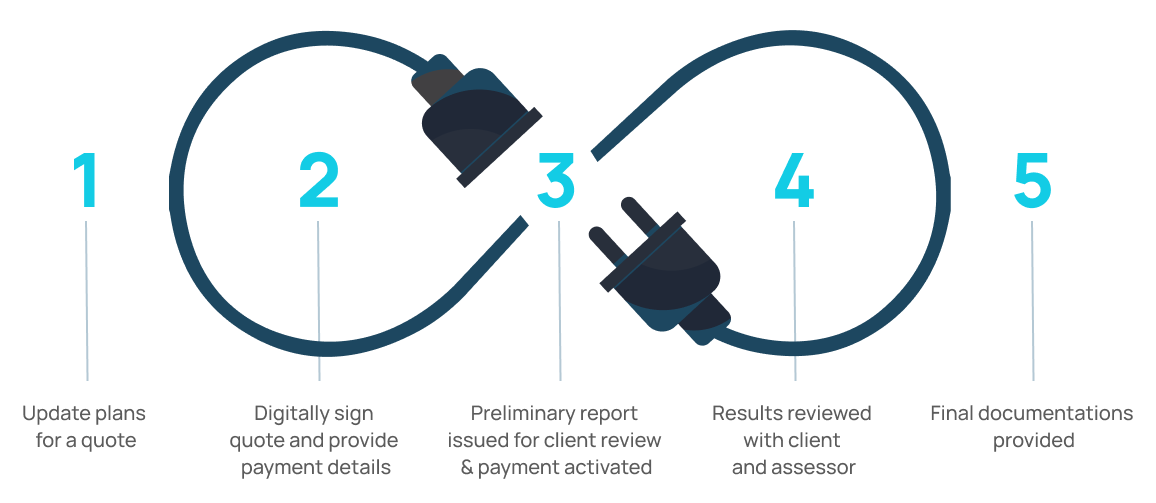
See our work
J1V3 Assessments: Flexible and Cost-Effective Solutions for Commercial Buildings
At the heart of our commercial building services is our expertise in preparing J1V3 assessments. These performance-based assessments offer greater flexibility than the standard Section…
Comprehensive ESD and Waste Management Solutions for Sustainable Living
For this residential development, we provided a range of Environmental Sustainable Design (ESD) services, including preliminary energy ratings, daylight modelling, and waste management planning. The…
Ensuring Year-Round Comfort and Natural Light with our Comprehensive ESD Services
For this residential apartment project, our team was engaged to provide a suite of Environmental Sustainable Design (ESD) services, including preliminary energy ratings and daylight…
Mastery in Large-Scale Sustainable Development
This ambitious project demonstrated that no job is too big for our team to handle. Comprising 540 apartments and eight levels dedicated to shopping, offices,…
Sustainable Mixed-Use Development Triumphs at VCAT
Our firm was commissioned to provide a suite of services for a complex mixed-use development comprising an apartment building, retail spaces, and a hotel. The…
